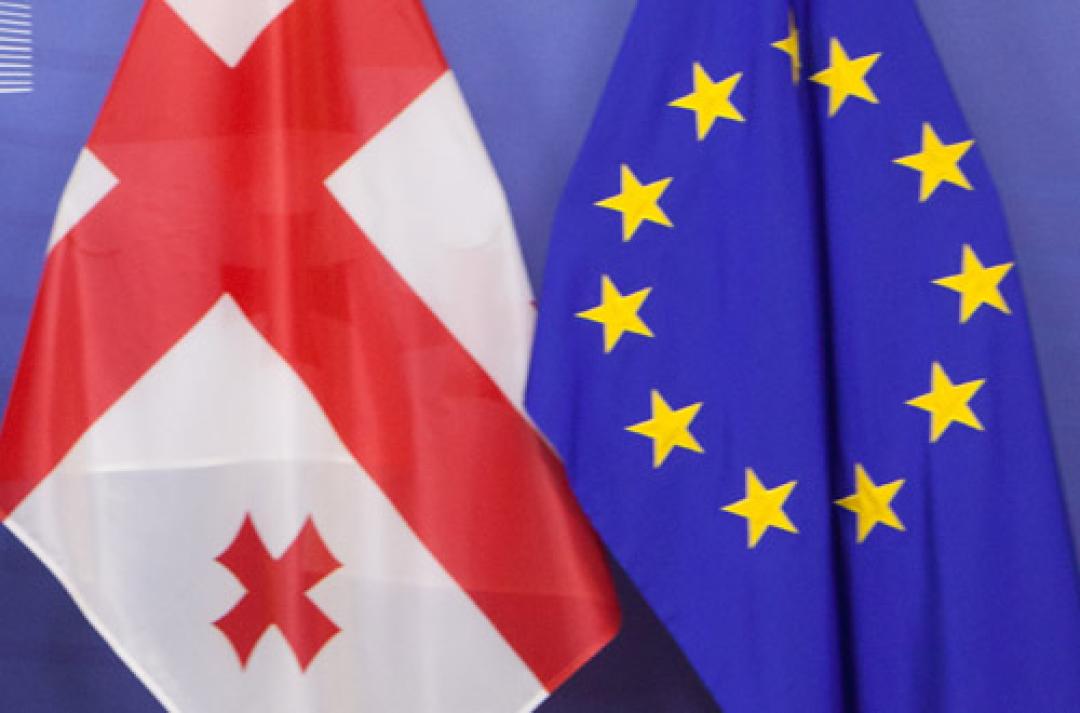
Civil Society Concerns: Georgian NGOs Question Government's EU Action Plan

On January 9, a group of ten civil society organizations (CSOs) released a collective statement in response to the Georgian government's adoption of an action plan designed to meet the European Commission's recommendations for EU candidacy. The organizations welcomed this move as a "positive step." However, they stressed their lack of involvement in the plan's creation and the need for more detailed explanations in various areas.
“The signatory organizations agree with the plan approved by the government to implement the steps determined by the European Commission for Georgia. We believe that the approval of the action plan is a positive step and should contribute to greater openness and accountability of the government. However, the presented plan was not developed with proper involvement, and its content needs to be clarified in many directions," reads the statement.
The CSOs expressed concern over the negligible participation of both watchdog groups and opposition parties in formulating the action plan. They pointed out that including these groups is a key requirement of the EU.
They also noted a timing issue, stating that while the Government Commission on European Integration approved the document on November 27, 2023, it wasn't made public until December 25, 2023.
The CSOs highlighted the absence of parliamentary engagement in the process, arguing that this omission disrupts the crucial balance among government branches and diminishes Parliament's role.
“It is significant that institutionally, the action plan has been approved by the government, while a number of measures/actions described in it fall under the mandate of the parliament (it is true that the representative of the European integration committee of the Georgian parliament attends the meetings of the government commission on European integration but without the right of deliberative vote). Developing/approving the action plan in this way ignores the balance between the branches of government and diminishes the parliament's role in determining the main directions of the country's domestic and foreign policy. We believe that the action plan should have been developed by the parliament or not, at least with its active involvement, although it is not known to the public how actively the legislative body was involved in developing the action plan," the organizations added in their statement.
Regarding the action plan's content, the CSOs criticized its vague and general nature, pointing out the lack of specific current or intended benchmarks. They also argued that the plan doesn't fully align with the European Commission's recommendations.
Finally, the CSOs urged the government to adopt a more inclusive, dialogic, and transparent approach to implementing the EU's suggestions. They also called for recognition of specific challenges and concrete actions consistent with guidance from the European Commission, the Venice Commission, and the Organization for Security and Cooperation in Europe (OSCE).
See Also


Russia Begins 24/7 Radiation Monitoring in Dagestan After Iranian Nuclear Incident

How Do Caucasus States React to Israel-Iran War?

Weekly Brief on Military Situation in the South Caucasus (9–15 June 2025)

Former Georgian PM Gakharia to Face Prosecution

